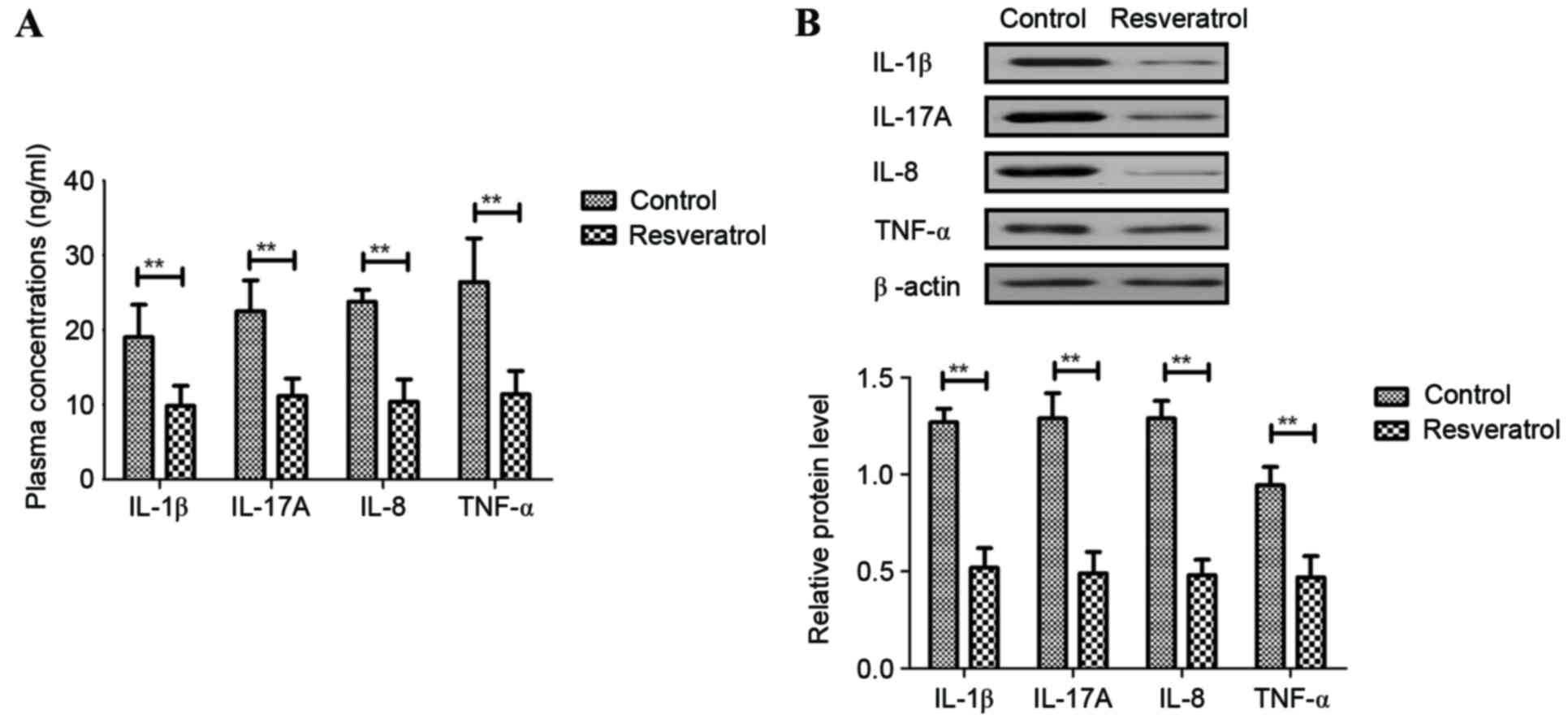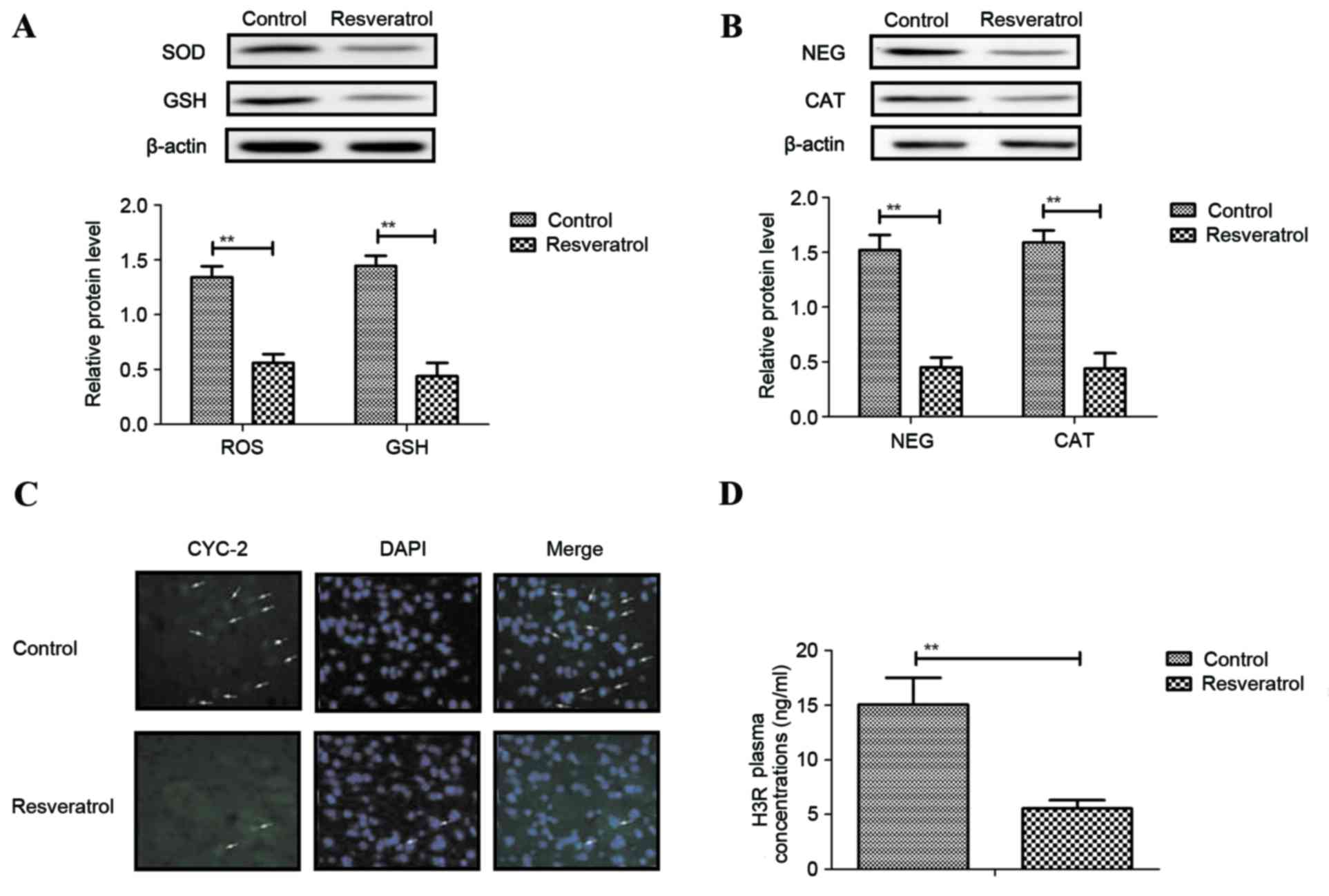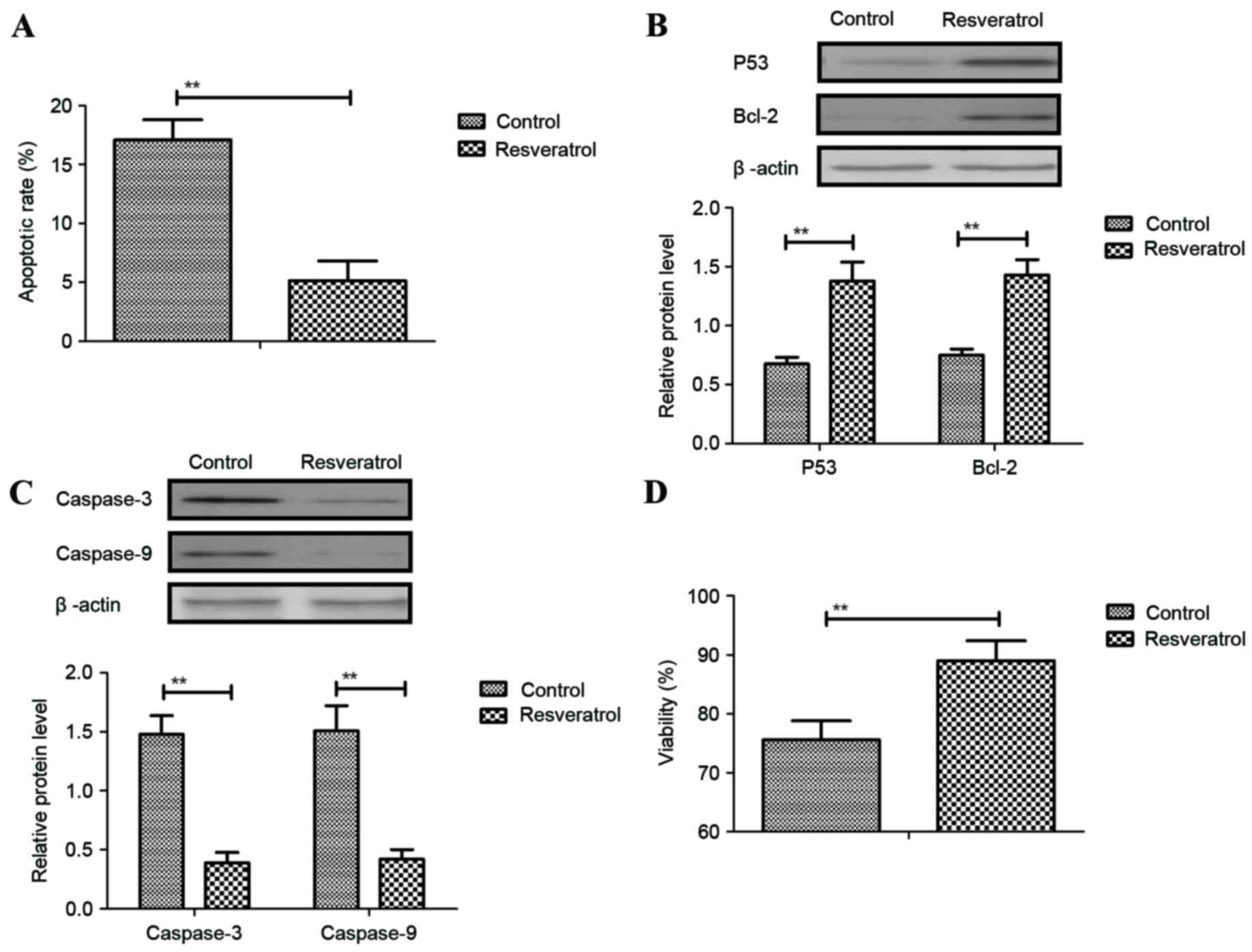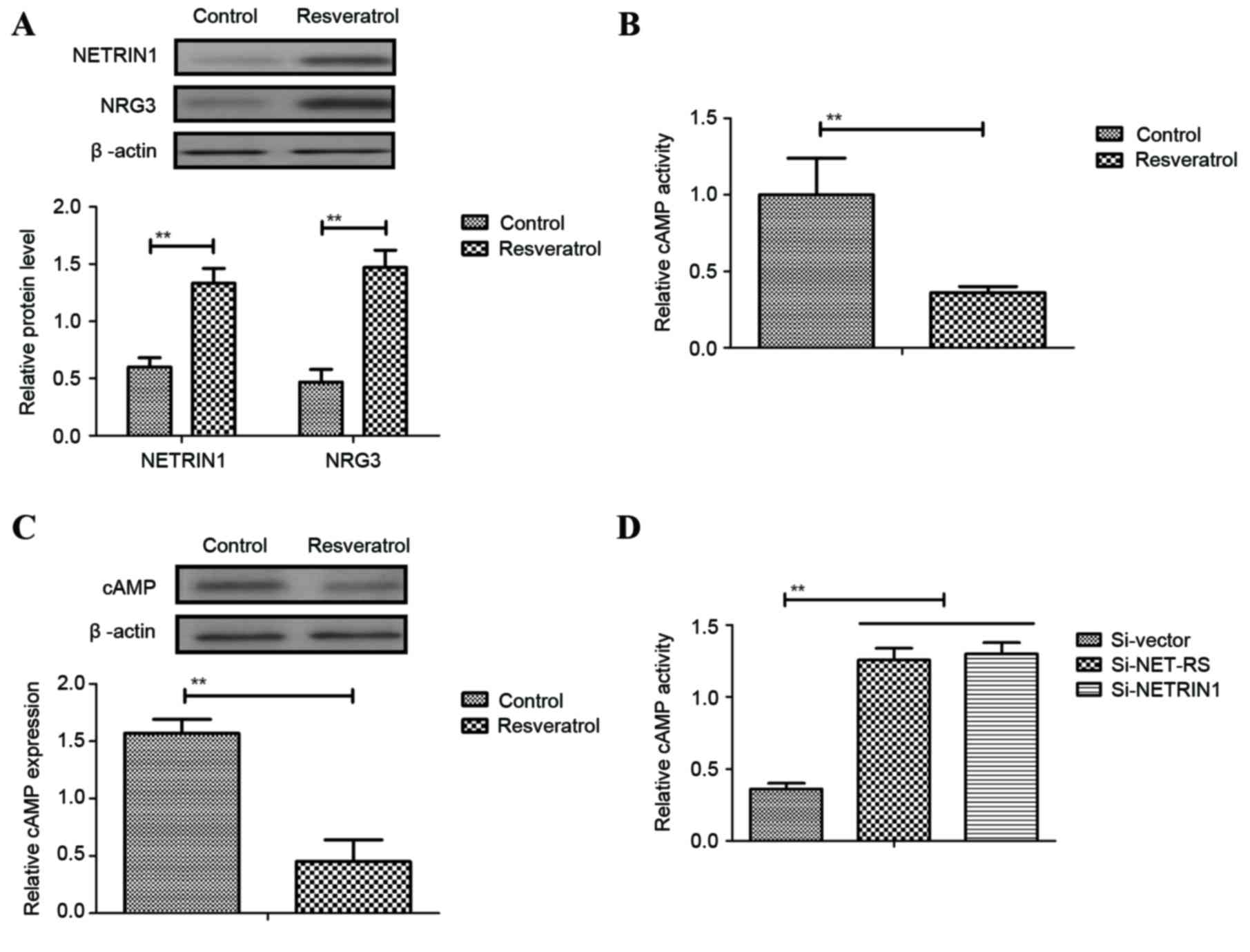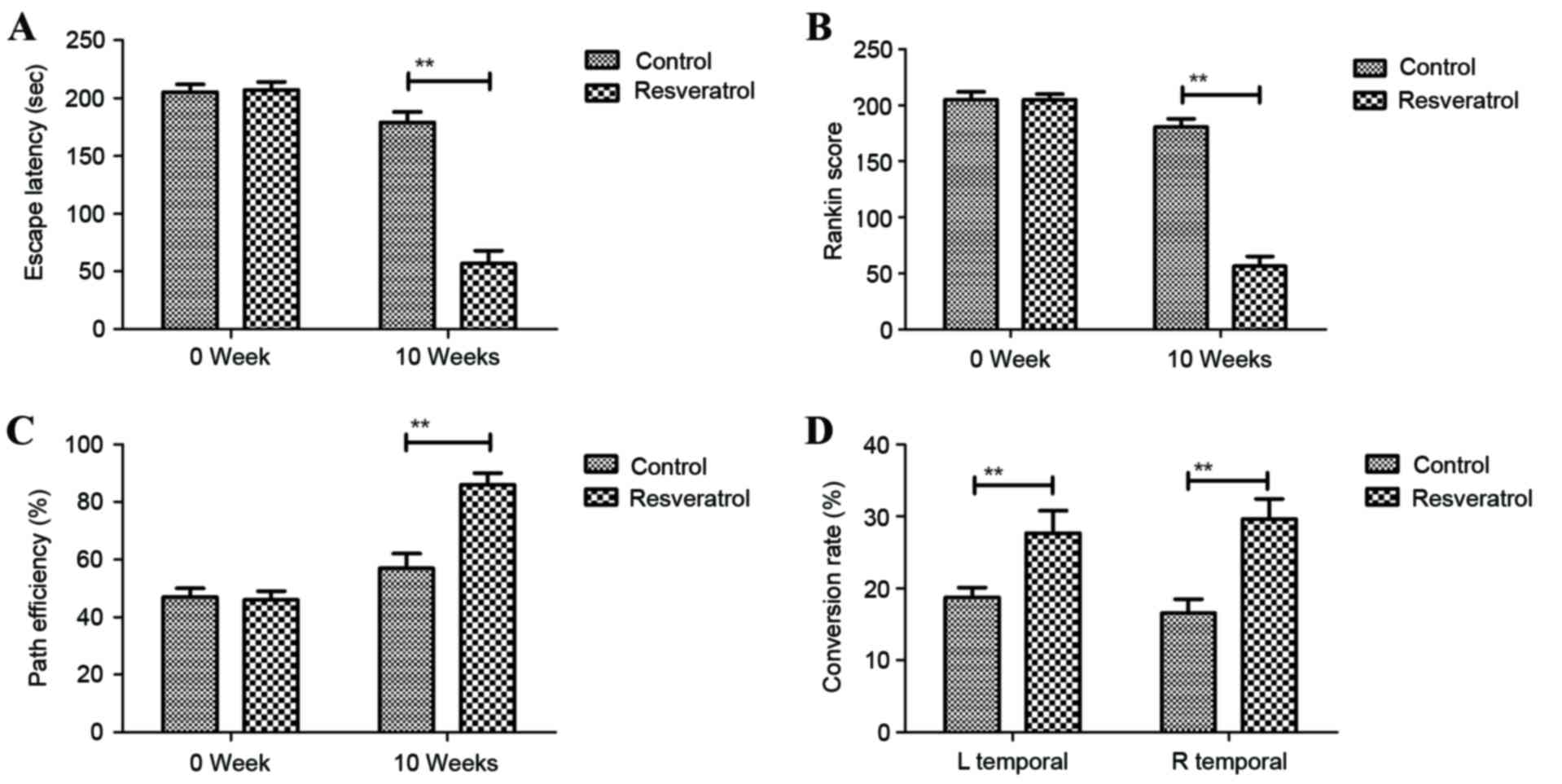|
1
|
Kato M and Serretti A: Review and
meta-analysis of antidepressant pharmacogenetic findings in major
depressive disorder. Mol Psychiatry. 15:473–500. 2010. View Article : Google Scholar : PubMed/NCBI
|
|
2
|
Whale R, Terao T, Cowen P, Freemantle N
and Geddes J: Pindolol augmentation of serotonin reuptake
inhibitors for the treatment of depressive disorder: a systematic
review. J Psychopharmacol. 24:513–520. 2010. View Article : Google Scholar : PubMed/NCBI
|
|
3
|
Andrade P, Noblesse LH, Temel Y, Ackermans
L, Lim LW, Steinbusch HWM and Vandewalle VV: Neurostimulatory and
ablative treatment options in major depressive disorder: a
systematic review. Acta Neurochir (Wien). 152:565–577. 2010.
View Article : Google Scholar : PubMed/NCBI
|
|
4
|
Carnevale T: An integrative review of
adolescent depression screening instruments: applicability for use
by school nurses. J Child Adolesc Psychiatr Nurs. 24:51–57. 2011.
View Article : Google Scholar : PubMed/NCBI
|
|
5
|
Rayner L, Price A, Evans A, Valsraj K,
Hotopf M and Higginson IJ: Antidepressants for the treatment of
depression in palliative care: Systematic review and meta-analysis.
Palliat Med. 25:36–51. 2011. View Article : Google Scholar : PubMed/NCBI
|
|
6
|
Evans S: Review: Mindfulness-based
therapies effective for anxiety and depression. Evid Based Ment
Health. 13:1162010. View
Article : Google Scholar : PubMed/NCBI
|
|
7
|
Garnock-Jones KP and McCormack PL:
Escitalopram: A review of its use in the management of major
depressive disorder in adults. CNS drugs. 24:769–796. 2010.
View Article : Google Scholar : PubMed/NCBI
|
|
8
|
Croxtall JD and Scott LJ:
Olanzapine/fluoxetine: A review of its use in patients with
treatment-resistant major depressive disorder. CNS drugs.
24:245–262. 2010. View Article : Google Scholar : PubMed/NCBI
|
|
9
|
Sharpley CF: A review of the
neurobiological effects of psychotherapy for depression.
Psychotherapy (Chic). 47:603–615. 2010. View Article : Google Scholar : PubMed/NCBI
|
|
10
|
Foland-Ross LC, Hardin MG and Gotlib IH:
Neurobiological markers of familial risk for depression. Curr Top
Behav Neurosci. 14:181–206. 2013. View Article : Google Scholar : PubMed/NCBI
|
|
11
|
Sorokina ND, Selitskii GV and Kositsyn NS:
Neurobiological approach to brain functional asymmetry in
depression. Usp Fiziol Nauk. 36:84–93. 2005.(In Russian).
PubMed/NCBI
|
|
12
|
Chen S, Zhao X, Ran L, Wan J, Wang X, Qin
Y, Shu F, Gao Y, Yuan L, Zhang Q and Mi M: Resveratrol improves
insulin resistance, glucose and lipid metabolism in patients with
non-alcoholic fatty liver disease: A randomized controlled trial.
Dig Liver Dis. 47:226–232. 2015. View Article : Google Scholar : PubMed/NCBI
|
|
13
|
Ma T, Tan MS, Yu JT and Tan L: Resveratrol
as a therapeutic agent for Alzheimer's disease. Biomed Res Int.
2014:3505162014. View Article : Google Scholar : PubMed/NCBI
|
|
14
|
O'Donovan A, Rush G, Hoatam G, Hughes BM,
McCrohan A, Kelleher C, O'Farrelly C and Malone KM: Suicidal
ideation is associated with elevated inflammation in patients with
major depressive disorder. Depress Anxiety. 30:307–314. 2013.
View Article : Google Scholar : PubMed/NCBI
|
|
15
|
Chekalina NI, Kazakov YM, Mamontova TV,
Vesnina LE and Kaidashev IP: Resveratrol more effectively than
quercetin reduces endothelium degeneration and level of necrosis
factor alpha in patients with coronary artery disease. Wiad Lek.
69:475–479. 2016.
|
|
16
|
Saldanha JF, Leal VO, Rizzetto F, Grimmer
GH, Ribeiro-Alves M, Daleprane JB, Carraro-Eduardo JC and Mafra D:
Effects of resveratrol supplementation in Nrf2 and NF-kappaB
expressions in nondialyzed chronic kidney disease patients: A
randomized, double-blind, placebo-controlled, crossover clinical
trial. J Ren Nutr. 26:401–406. 2016. View Article : Google Scholar : PubMed/NCBI
|
|
17
|
Rodrigues R, Petersen RB and Perry G:
Parallels between major depressive disorder and Alzheimer's
disease: Role of oxidative stress and genetic vulnerability. Cell
Mol Neurobiol. 34:925–949. 2014. View Article : Google Scholar : PubMed/NCBI
|
|
18
|
Maurya PK, Noto C, Rizzo LB, Rios AC,
Nunes SO, Barbosa DS, Sethi S, Zeni M, Mansur RB, Maes M and
Brietzke E: The role of oxidative and nitrosative stress in
accelerated aging and major depressive disorder. Prog
Neuropsychopharmacol Biol Psychiatry. 65:134–144. 2016. View Article : Google Scholar : PubMed/NCBI
|
|
19
|
Park JS, Kim S, Han DK, Lee JY and Ghil
SH: Isolation of neural precursor cells from skeletal muscle
tissues and their differentiation into neuron-like cells. Exp Mol
Med. 39:483–490. 2007. View Article : Google Scholar : PubMed/NCBI
|
|
20
|
Naganuma Y, Ichii O, Otsuka S, Hashimoto Y
and Kon Y: Analysis of TdT-mediated dUTP nick end labeling
(TUNEL)-positive cells associated with cardiac myogenesis in mouse
embryo. J Vet Med Sci. 75:283–290. 2013. View Article : Google Scholar : PubMed/NCBI
|
|
21
|
Castillo F, Francis L, Wylie-Rosett J and
Isasi CR: Depressive symptoms are associated with excess weight and
unhealthier lifestyle behaviors in urban adolescents. Child Obes.
10:400–407. 2014. View Article : Google Scholar : PubMed/NCBI
|
|
22
|
Zatzick D, Russo J, Lord SP, Varley C,
Wang J, Berliner L, Jurkovich G, Whiteside LK, O'Connor S and
Rivara FP: Collaborative care intervention targeting violence risk
behaviors, substance use, and posttraumatic stress and depressive
symptoms in injured adolescents: A randomized clinical trial. JAMA
pediatrics. 168:532–539. 2014. View Article : Google Scholar : PubMed/NCBI
|
|
23
|
Galecki P, Szemraj J, Bienkiewicz M,
Zboralski K and Galecka E: Oxidative stress parameters after
combined fluoxetine and acetylsalicylic acid therapy in depressive
patients. Hum Psychopharmacol. 24:277–286. 2009. View Article : Google Scholar : PubMed/NCBI
|
|
24
|
Wesnes KA, Gommoll C, Chen C, Sambunaris
A, McIntyre RS and Harvey PD: Effects of levomilnacipran
extended-release on major depressive disorder patients with
cognitive impairments: Post-hoc analysis of a phase III study. Int
Clin Psychopharmacol. 32:72–79. 2017. View Article : Google Scholar : PubMed/NCBI
|
|
25
|
Riepe MW, Gritzmann P and Brieden A:
Preferences of psychiatric practitioners for core symptoms of major
depressive disorder: A hidden conjoint analysis. Int J Methods
Psychiatr Res. 26:2017. View
Article : Google Scholar : PubMed/NCBI
|
|
26
|
Rapaport MH, Nierenberg AA, Schettler PJ,
Kinkead B, Cardoos A, Walker R and Mischoulon D: Inflammation as a
predictive biomarker for response to omega-3 fatty acids in major
depressive disorder: A proof-of-concept study. Mol Psychiatry.
21:71–79. 2016. View Article : Google Scholar : PubMed/NCBI
|
|
27
|
Miguel-Hidalgo JJ, Whittom A, Villarreal
A, Soni M, Meshram A, Pickett JC, Rajkowska G and Stockmeier CA:
Apoptosis-related proteins and proliferation markers in the
orbitofrontal cortex in major depressive disorder. J Affect Disord.
158:62–70. 2014. View Article : Google Scholar : PubMed/NCBI
|
|
28
|
Ali SH, Madhana RM, K V A, Kasala ER,
Bodduluru LN, Pitta S, Mahareddy JR and Lahkar M: Resveratrol
ameliorates depressive-like behavior in repeated
corticosterone-induced depression in mice. Steroids. 101:37–42.
2015. View Article : Google Scholar : PubMed/NCBI
|
|
29
|
Remus JL and Dantzer R: Inflammation
models of depression in rodents: Relevance to psychotropic drug
discovery. Int J Neuropsychopharmacol. 19:2016. View Article : Google Scholar : PubMed/NCBI
|
|
30
|
Kandasamy R, Calsbeek JJ and Morgan MM:
Analysis of inflammation-induced depression of home cage wheel
running in rats reveals the difference between opioid
antinociception and restoration of function. Behav Brain Res.
317:502–507. 2017. View Article : Google Scholar : PubMed/NCBI
|
|
31
|
Kohler O, Krogh J, Mors O and Benros ME:
Inflammation in depression and the potential for anti-inflammatory
treatment. Curr Neuropharmacol. 14:732–742. 2016. View Article : Google Scholar : PubMed/NCBI
|
|
32
|
Jeong SI, Shin JA, Cho S, Kim HW, Lee JY,
Kang JL and Park EM: Resveratrol attenuates peripheral and brain
inflammation and reduces ischemic brain injury in aged female mice.
Neurobiol Aging. 44:74–84. 2016. View Article : Google Scholar : PubMed/NCBI
|
|
33
|
Vasamsetti SB, Karnewar S, Gopoju R,
Gollavilli PN, Narra SR, Kumar JM and Kotamraju S: Resveratrol
attenuates monocyte-to-macrophage differentiation and associated
inflammation via modulation of intracellular GSH homeostasis:
Relevance in atherosclerosis. Free Radic Biol Med. 96:392–405.
2016. View Article : Google Scholar : PubMed/NCBI
|
|
34
|
Maes M, Galecki P, Chang YS and Berk M: A
review on the oxidative and nitrosative stress (O&NS) pathways
in major depression and their possible contribution to the
(neuro)degenerative processes in that illness. Prog
Neuropsychopharmacol Biol Psychiatry. 35:676–692. 2011. View Article : Google Scholar : PubMed/NCBI
|
|
35
|
Vargas HO, Nunes SO, de Castro MR, Vargas
MM, Barbosa DS, Bortolasci CC, Venugopal K, Dodd S and Berk M:
Oxidative stress and inflammatory markers are associated with
depression and nicotine dependence. Neurosci Lett. 544:136–140.
2013. View Article : Google Scholar : PubMed/NCBI
|
|
36
|
Mathieu L, Costa AL, Le Bachelier C, Slama
A, Lebre AS, Taylor RW, Bastin J and Djouadi F: Resveratrol
attenuates oxidative stress in mitochondrial Complex I deficiency:
Involvement of SIRT3. Free Radic Biol Med. 96:190–198. 2016.
View Article : Google Scholar : PubMed/NCBI
|
|
37
|
Zepeda N, Solano S, Copitin N, Chávez JL,
Fernández AM, García F, Tato P and Molinari JL: Apoptosis of mouse
hippocampal cells induced by Taenia crassiceps metacestode factor.
J Helminthol. 91:215–221. 2017. View Article : Google Scholar : PubMed/NCBI
|
|
38
|
Hsiao CJ, Lin CL, Lin TY, Wang SE and Wu
CH: Imidacloprid toxicity impairs spatial memory of echolocation
bats through neural apoptosis in hippocampal CA1 and medial
entorhinal cortex areas. Neuroreport. 27:462–468. 2016. View Article : Google Scholar : PubMed/NCBI
|
|
39
|
Banerjee B, Nandi P, Chakraborty S, Raha
S, Sen PC and Jana K: Resveratrol ameliorates
benzo(a)pyrene-induced testicular dysfunction and apoptosis:
Involvement of p38 MAPK/ATF2/iNOS signaling. J Nutr Biochem.
34:17–29. 2016. View Article : Google Scholar : PubMed/NCBI
|
|
40
|
Moriya J, Chen R, Yamakawa J, Sasaki K,
Ishigaki Y and Takahashi T: Resveratrol improves hippocampal
atrophy in chronic fatigue mice by enhancing neurogenesis and
inhibiting apoptosis of granular cells. Biol Pharm Bull.
34:354–359. 2011. View Article : Google Scholar : PubMed/NCBI
|
|
41
|
Naviglio S, Di Gesto D, Romano M,
Sorrentino A, Illiano F, Sorvillo L, Abbruzzese A, Marra M,
Caraglia M, Chiosi E, et al: Leptin enhances growth inhibition by
cAMP elevating agents through apoptosis of MDA-MB-231 breast cancer
cells. Cancer Biol Ther. 8:1183–1190. 2009. View Article : Google Scholar : PubMed/NCBI
|
|
42
|
Naderi EH, Findley HW, Ruud E, Blomhoff HK
and Naderi S: Activation of cAMP signaling inhibits DNA
damage-induced apoptosis in BCP-ALL cells through abrogation of p53
accumulation. Blood. 114:608–618. 2009. View Article : Google Scholar : PubMed/NCBI
|















